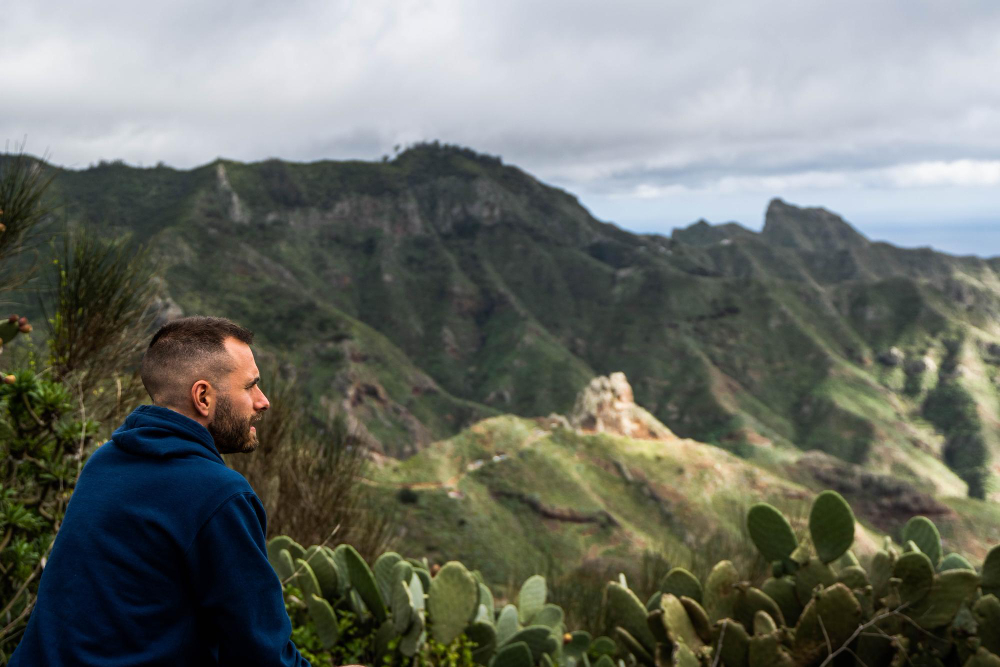According to the study by the Spanish consulting firm Llorente y Cuenca, Ecuador is one of the five countries with the highest proportion of negative conversations towards LGBTIQ+ people. This can be identified through actions such as the recent attempt to restrict public space for the pride march 2023. What type of public conversation and specific legislative demands should be promoted in Ecuador to confront this type of actions and speeches that become discriminatory violence??

The reform of the Penal Code of Ecuador of the year 2009 introduced the criminal types of crimes of discrimination and crimes of hate acts, the same ones that were ratified by the reform of this same norm in 2014, when the Comprehensive Organic Criminal Code was formed in which these crimes are classified in the articles 176 y 177. In these two articles, discriminatory behavior based on prejudice is punished., like hate speech, against historically discriminated population which includes the LGBTIQ+ population; Likewise, if this type of violence due to prejudice entails physical or psychological aggression, it already constitutes a hate crime.. These criminal types guarantee LGBTIQ+ victims, however, The lack of knowledge on the part of judges and prosecutors or even their own prejudices has meant that no complaint filed by LGBTIQ+ victims is processed for these types of criminal offenses., so much so that to date there are no rulings in this regard in favor of this sector of the population., which is why in Ecuador the problem is not the lack of law, but rather the inability of the State to train and monitor the application of the gender and human rights approach in judicial processes from a differentiated vision of the needs of the LGBTIQ+ population regarding the violence of which they are victims..
Now well, awareness processes, training and educommunication as public policy by the State is what is needed in Ecuador, precisely to break with the prejudices that still exist in society and that emerge every time LGBTIQ+ people become visible in public or private spaces.. Even the Constitutional Court, when it recognized Equal Civil Marriage in Sentence No.10-18-CN/19, evidenced the hate speeches on which the constitutional definition of marriage was based and which were replicated in the hearings through the interventions of various Amicus Curiae. Faced with this situation, the Court emphasized that a constitutional norm that was born based on prejudices cannot be applied and therefore it was pertinent to guarantee marriage in Ecuador..
What are the social narratives that should be promoted among Ecuadorian citizens to dismantle anti-rights discourses such as gender ideology??
In Latin America and Ecuador, the narratives that have done the most damage to the LGBTIQ+ population are those that have imposed prejudices from various cultural angles.: from Religion, the narrative of sin; from science, the illness narrative; and from the Law, the narrative of law crime. Faced with these, prejudices are amplified, which is why their dismantling must come from historical perspectives, decolonial and Latin Americanist, that is to say, maintain that sexual and gender diversity has always been present in all the cultures of the native peoples of our continent and that they survived the devastation of the colony despite their genocidal social practices in the application of the crime/sin of sodomy as extermination mechanism. Faced with this, celebrate and make visible the Muxes, the Enchaquiradas and the two-spirit people, among other, that show that at the roots of our culture, being part of the LGBTIQ+ population is an inherent trait of our culture.
From your experience, How can the academy be linked to the fight for the rights of LGBTIQ+ people?
The academy must be linked from its four areas: Training, Investigation, University extension or Bonding and Coexistence. In the Training area, The academy must include subjects in the curricula, themes and authors of the LGBTIQ+ population and not only when topics related to identity and rights are analyzed, but also to open spaces in scientific debates to these often invisible voices.. In the investigation, through the implementation of lines of work in projects linked to LGBTIQ+ issues across all areas of knowledge. At the University Extension, through the generation of projects with LGBTIQ+ civil society organizations and the establishment of specialized services. Finally, in coexistence, with the application of protocols for the prevention and punishment of discrimination within educational establishments, in addition to establishing affirmative action policies so that the LGBTIQ+ population can enter, stay and graduate equally..
We use our own and third parties to obtain statistical data on the navigation of our users and improve our services. If you accept or continue navigating, We consider that it accepts its use. You can change the configuration or get more information by clicking here
Necessary cookies are absolutely essential for the website to function properly. This category only includes cookies that guarantee basic functionalities and security features of the website.. These cookies do not store any personal information.
Cookies that may not be particularly necessary for the operation of the website and that are used specifically to collect personal data from the user through analysis, Ads and other embedded content are called non-necessary cookies. It is mandatory to obtain the consent of the user before executing these cookies on your website.